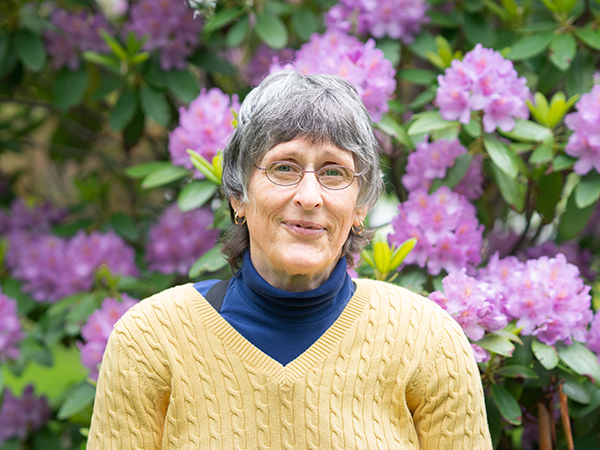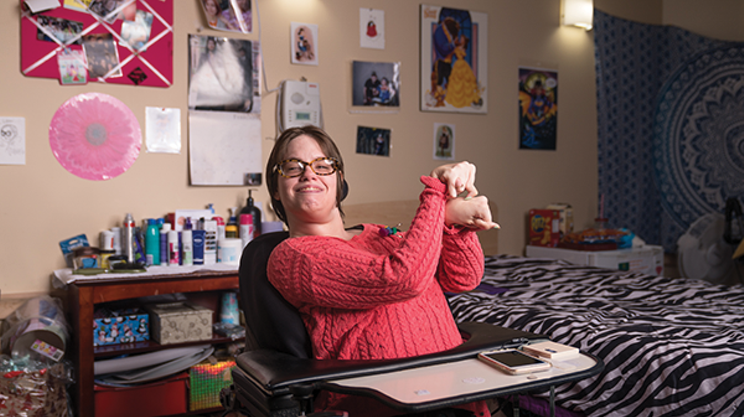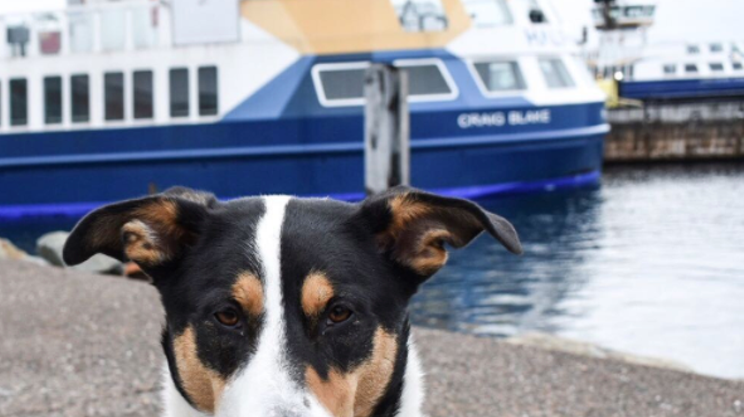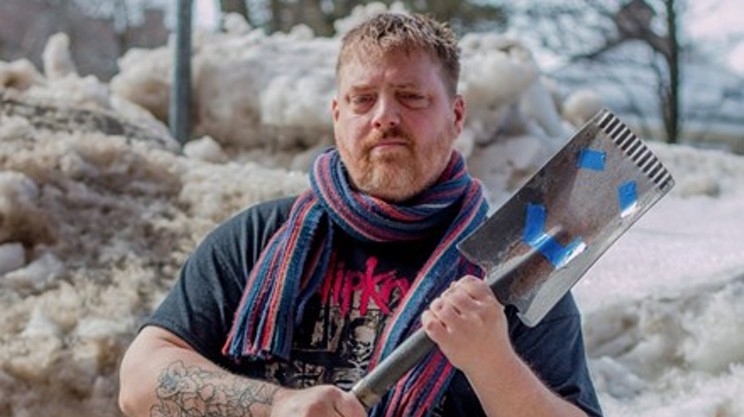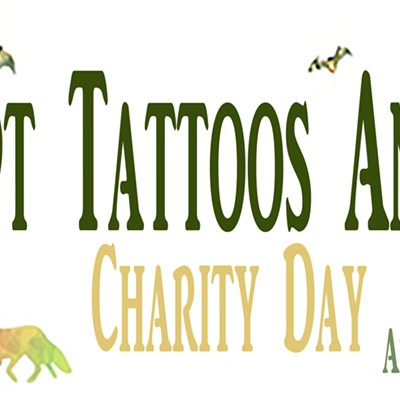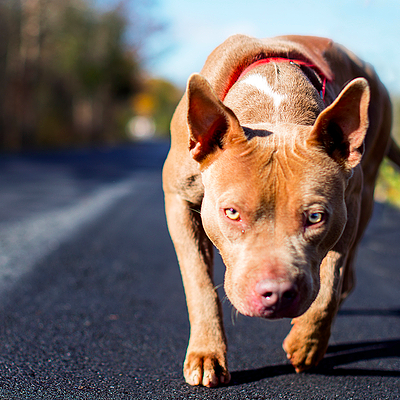Dawne Fraser has dyskinetic cerebral palsy. The physical disability causes involuntary, repetitive muscle contractions. But that doesn't mean Fraser is disabled. Instead, she calls herself an able-body person with unique abilities.
Those abilities have helped her through a 20-year teaching career and two businesses. An advocate for "uniquely abled" people, Fraser says she has remained entirely independent for most of her life through self-taught mobility methods and the help of trusted, trained mobility service dogs.
"The freedom my mobility dogs provided me with was so profoundly essential, especially the unique walking and wheeling methods that freed me from being bedridden," Fraser writes in an email.
Since 1987, Fraser has been training her own mobility service dogs. She has always had two service dogs—one that's tall enough to help her walk upright and a smaller dog to lead her through the hallways at school.
As a result, the dogs helped her teach, travel, kayak, do yard work and even learn martial arts.
"There's so many exciting, positive things I can do with a medical mobility dog," says Fraser. "I can be quite independent."
But a car accident in 2009 meant Fraser was severely injured and one of her service dogs was killed. Her remaining dog passed away this year. For Fraser, the impact of losing her dogs was "equivalent to losing one or more of her own limbs. My mobility dogs have been working teammates with me," she says. "I have 100 percent trusted them with my life in the same way you would trust your own body. You become one."
Since 2009, Fraser says she has spent thousands of dollars applying for a suitable service dog to accommodate her unique mobility needs. But her speech and hearing disability, confinement to her home, a short supply of sign language interpreters and general lack of awareness about service dogs has made the process challenging.
The Lions Foundation of Canada Dog Guides is a national charity, which works to match people with service dogs. Its current team of 26 instructors paired over 200 in the past year. Maria Galindo works out of its head office in Oakville, and says one of the biggest misconceptions about guide or service dogs is they only help people with visual impairments.
The Lions Foundation alone trains dogs for vision, seizure response, autism support, diabetic alert and service—people like Fraser who have physical or medical disabilities.
But because these kinds of organizations are charities with no official government support they're entirely dependent on donations to operate. And as other uses for dog guides become increasingly recognized, demands on programs increase. Like the Lions Foundation's autism dog training program, where high demand has forced it to stop accepting applications.
"More children are getting diagnosed that are on the spectrum," says Galindo, "and parents are starting to see the impact."
Charities like the Lions Foundation make the entire process of getting a dog free—from flights to and from Oakville for initial training, and supplementary training back at home. They've paired 32 dogs with Nova Scotians in the past year. But lack of any overarching federal legislation makes the process confusing and inconsistent.
Even the cost of service dogs in Canada is not regulated—one dog can cost anywhere between $3,000 to $50,000, depending on the trainer and the skills of the dog.
Fraser eventually managed to find an organization in Quebec which is working with her to train a two-month old puppy, Sobu, chosen to be her mobility walking and manual wheelchair service dog. The puppy will be completely socialized and learn 20 basic commands in sign language, which will take about 10 months.
Fraser is able to bring down the cost of the process by doing the second half of the dog's training herself—including teaching the dog sign language—with methods she's taught herself and shared with others throughout her life.
Fraser worked with Vicky Levack, a coordinator with Nova Scotia League for Equal Opportunities, to set up a GoFundMe account in hopes of raising money to help with the full cost of two mobility service dogs, which she can't afford. Since her accident, Fraser says she depends on rebates and the food bank to survive.
New legislation under the Nova Scotia's Service Dog Act came into effect last year, and requires all dogs are certified with the province—free of charge—which now protects dog users from being denied access to public places or refused tenancy rights. A spokesperson from the province says the department has issued 35 service dog team certificates since the changes.
With service dogs, Fraser says she'll be able to work again, finish her PhD and get back to living her independent life. She hopes that more progress is made in Nova Scotia to continue improving the rights of service dogs and their users.

